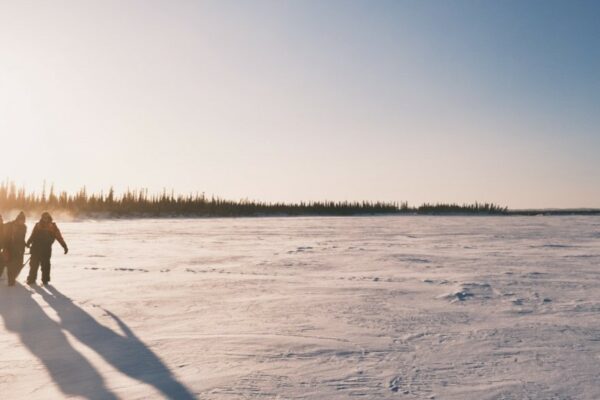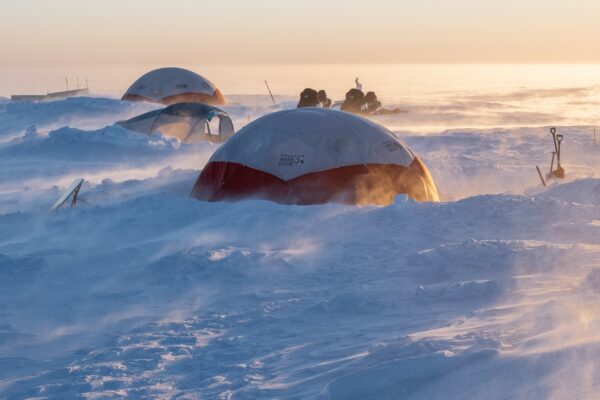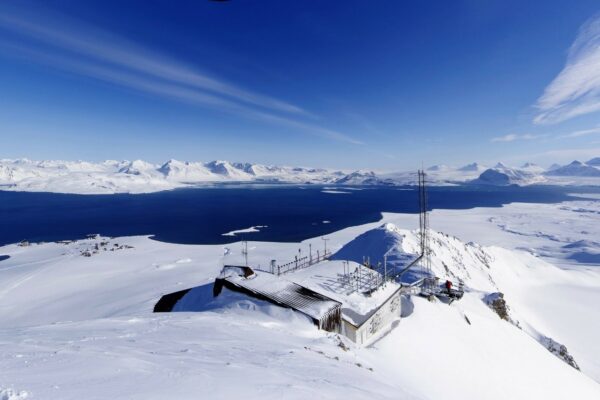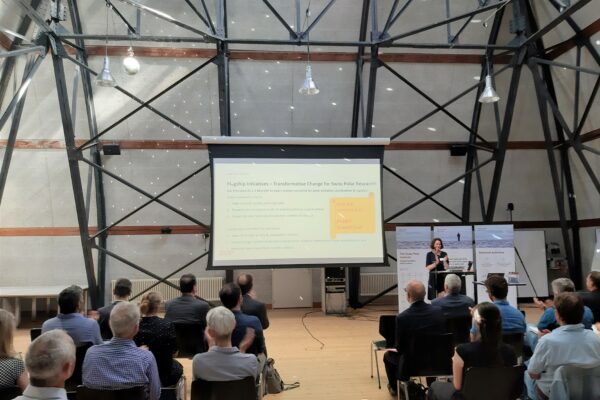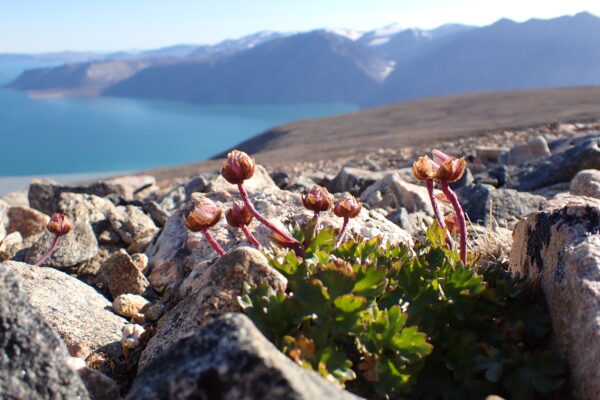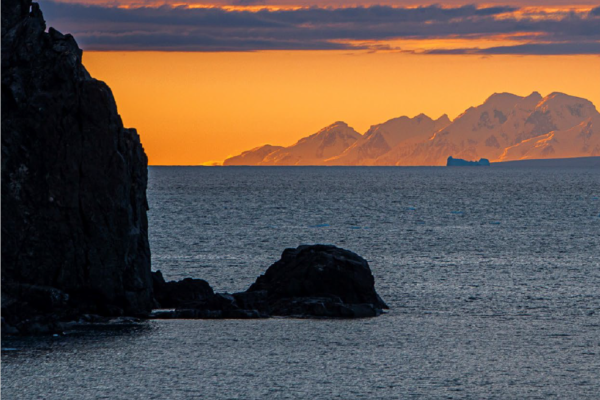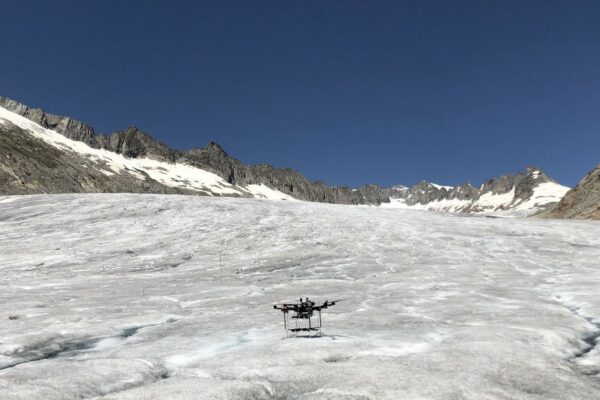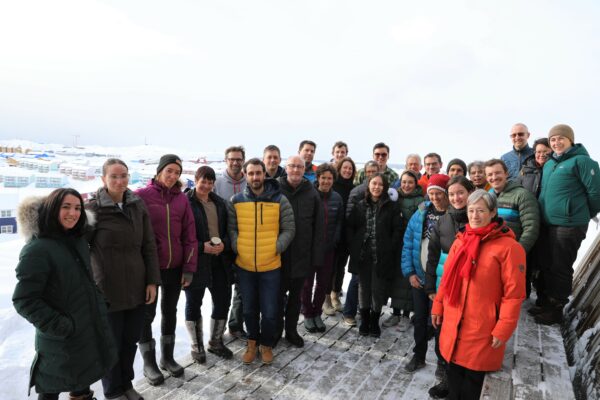Arctic rivers and their deltas are increasingly impacted by the rapid changes the Northern regions are currently facing. The Canadian Northwest Territories have witnessed dramatic increases in temperature and precipitation over the last decade, leading to widespread thawing of previously frozen soils (permafrost). To investigate whether this changing climate has […]
Read MoreArticles by: Basil Fahrlaender
Swiss Polar Day 2022 – A renewed event for polar collaborations
The Swiss Polar Day 2022, the annual conference for the Swiss polar and high-altitude research community, will take place on Friday 2 September in Bern. We cordially invite you to participate in this full-day event to enlarge your scientific horizon with talks by international and Swiss experts, get an overview […]
Read MoreDetecting new persistent organic pollutants in the Arctic Atmosphere – Myriam Guillevic
Atmospheric pollution in the Arctic caused by newly emitted, anthropogenic persistent pollutants is a matter of growing concern. Due to the remoteness of the Arctic and Antarctic from most known sources, the poles are a location of choice to determine if specific chemicals are persistent and prone to long-range transport. […]
Read MoreSPI Flagship Initiatives Launch Event
We are delighted to announce that on 18 May 2022, the two SPI Flagship Initiatives PAMIR and GreenFjord were officially launched in Bern. At this occasion, the concept and vision of the two SPI Flagship Initiatives and their scientific programme were presented to an audience of 45 participants and 89 […]
Read MoreSUMITER: SUrveying and MonItoring mounTain vEgetation in the aRctic – Christophe Randin
High-elevation and high-latitude ecosystems are, and will be, particularly affected by the rapid and unprecedent climate warming our planet is currently experiencing, with rates of temperature increase two to four times higher than the global average since the 1980s. In line with these warming trends over recent decades, most plant […]
Read MoreNew format of the SPI newsletters
The SPI introduces you to the new format of its newsletters designed to better embed its visual identity and ensure that you will enjoy them even more. The newsletter from April 2022 is the first one with this new update! We recommend that you check your spam box to ensure […]
Read MoreWho does what in European polar research
European polar institutions grouped in the EU-PolarNet2 consortium have published two new documents to help improve the coordination and cooperation of national polar funding organisations in Europe. The “Catalogue of National Polar Programmes and Other Large-scale programmes” The “Directory of European Polar Research Funding Programme” The catalogue provides an overview […]
Read MoreTeaching robots to fly on ice – Michael Pantic, Thomas Stastny
Despite their beauty, glaciers can be very hostile environments for us scientists. Crevasses, seracs and other non-traversable terrain renders data sampling for glacier research difficult and dangerous, if not impossible. We believe that unmanned aerial vehicles (“UAVs”, commonly named drones) are key to mitigate this risk and to reach these […]
Read MoreKoni Steffen Workshop on Natural Hazards
We are excited that Greenlandic Minister of Finance, Mineral Resources, Justice and Gender Equality, Naaja Nathanielsen, opened our Koni Steffen Workshop on Natural Hazards in Greenland this morning! The Swiss Polar Institute and Greenland Research Council are discussing this week how Swiss expertise can support the monitoring and risk assessment […]
Read More